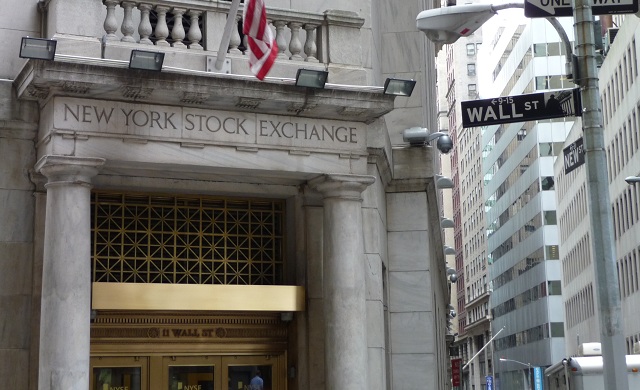This is the story of how one financial institution nearly brought down the entire financial system like a house of cards (tomorrow’s newsletter will describe how Warren Buffett rescued it).

In summer 1991 Salomon’s common stock price had almost touched the $38 level at which it made sense to convert Berkshire Hathaway’s preferred shares into common ones. It looked like Buffett was finally going to achieve returns greater than the mere fall-back level of 9% as he enjoyed the rising value of equity-kicker from conversion.
But then, calamity! On Thursday August 8 Buffett was in beside Lake Tahoe, Nevada when he received a message that John Gutfreund, chief of Salomon, urgently needed to speak with him. The call was set for that evening when Gutfreund, flying in from London, was expected at Salomon’s lawyer’s offices. Perhaps it was good news, Buffett thought. Perhaps Salomon was to be sold and Berkshire could walk away with a fine profit?
But the news was appalling. Paul Mozer, Salomon’s managing director responsible for bidding for government Treasury securities, had broken the rules repeatedly. To be a primary dealer in government notes/bonds was a great privilege; it meant that Salomon was one of the chosen few who could offer to buy securities on its own behalf or on behalf of other investors in great volume. These securities could then be sold on to the ultimate investors, after Salomon had taken a cut. It was a position of trust.
Because there were so few primary dealers it was possible for one or a group of them to corner the market by buying up all or most of an issue and then, say, push secondary market prices up by squeezing the supply coming onto the open market. In response to this incentive the US Treasury introduced a rule that no primary dealer is permitted to buy/bid more than 35% of an auction. That way there will be a spread of buyers and a healthy after-market.
Paul Mozer chose to get around the rule by openly bidding for the maximum 35% on Salomon’s behalf, then, without asking them, bidding for more bonds on behalf of some Salomon customers. These securities were then swiftly transferred from the client’s account to Salomon’s account, with its clients having no idea that their accounts had been used in this way. Having a very large proportion of the bonds Mozer was then able to manipulate the market to achieve higher prices from keen buyers unable to pick up their desired bonds from competitor dealers.
The cover-up is worse
Buffett, standing at a payphone in Nevada, was informed that Mozer had been suspended and a press release was to go out soon. As so often in cases of breach of trust and scandal it is not the original act that is the most damaging. Salomon might have got away with blaming the illegal act on a rogue trader, paid a fine, lost some business, but otherwise survive. But it compounded the crime by not being open with the government and the regulators about what the bosses knew and when they knew it.
Four months before that August phone call,………………To read more subscribe to my premium newsletter Deep Value Shares – click here http://newsletters.advfn.com/deepvalueshares/subscribe-1

 Hot Features
Hot Features












